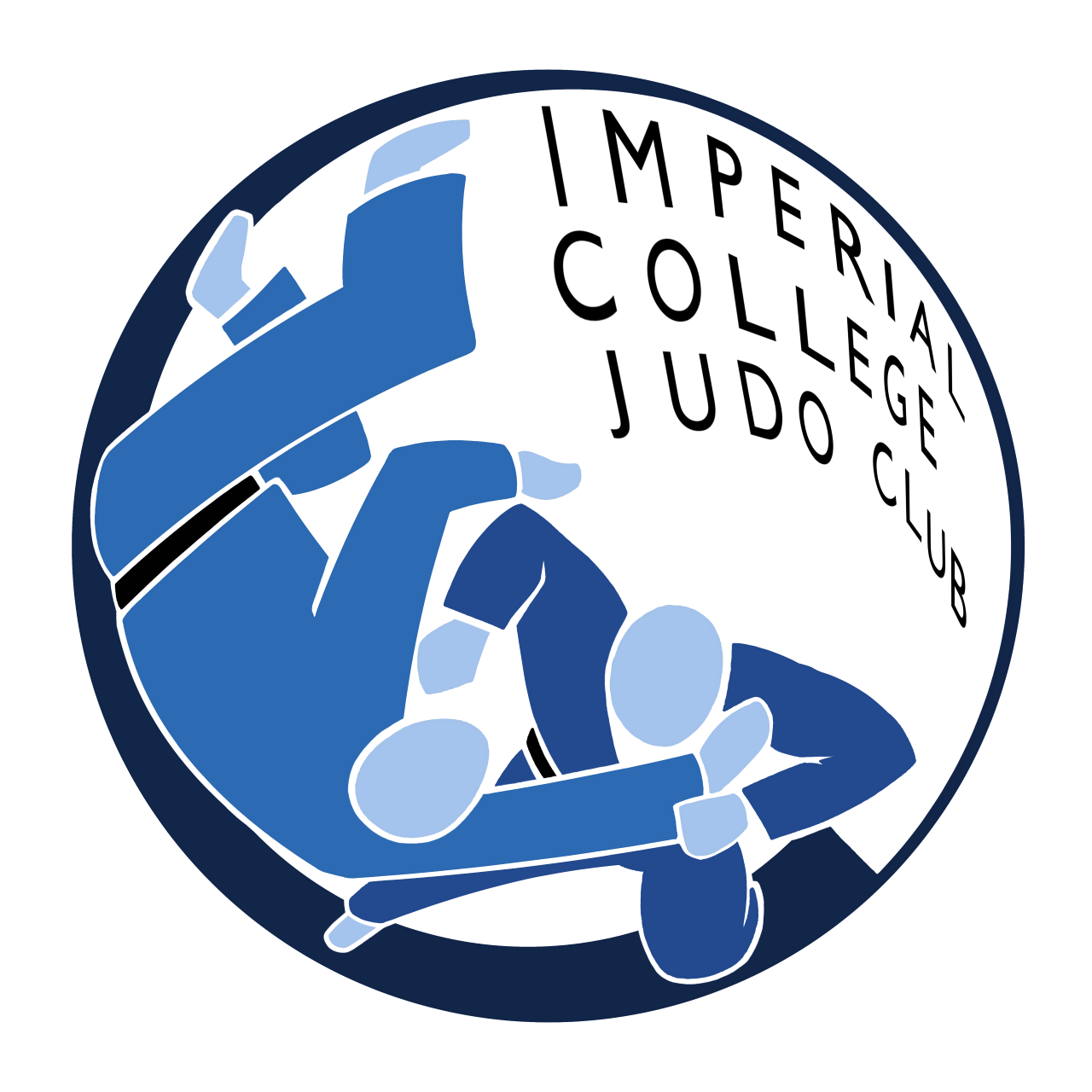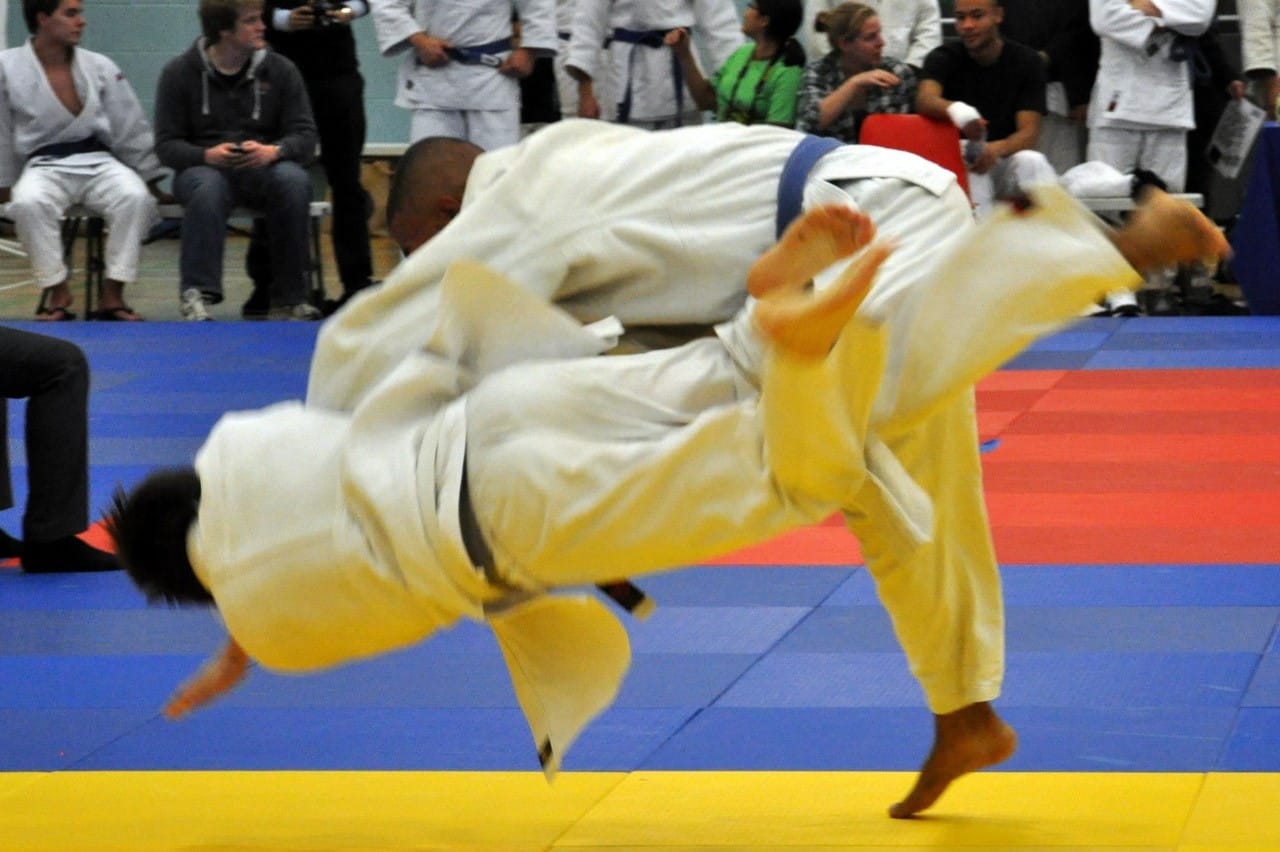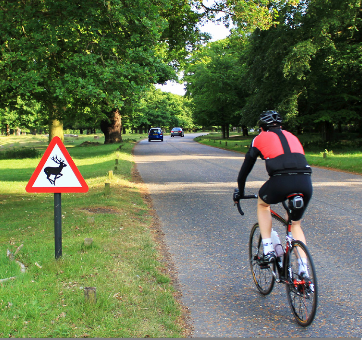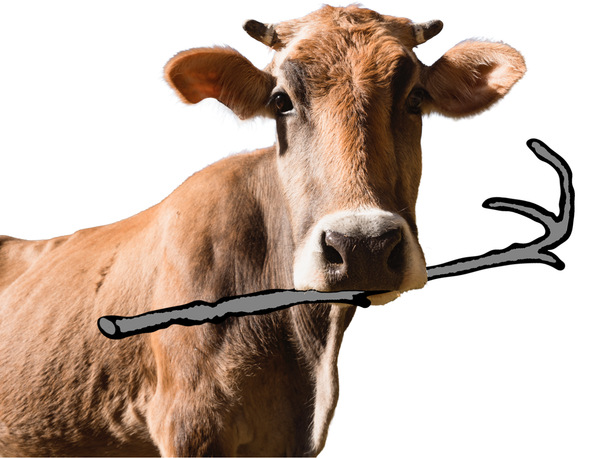Want to learn to fight? Try Judo
Judo means the "gentle way", an odd name for a martial art... or is it?

You’ve just watched Kung Fu Panda and you think to yourself, “I want to learn how to fight”. What are you going to train in that will best help you reach this goal? This article aims to convince you that Judo gives you everything you want from a martial art!
You want to be able to really fight someone, and as early as possible. Judo is a grappling art, which refers to fighting techniques that involve throws, trips, submissions, and almost any other movement apart from strikes. Since all these techniques are designed to operate on an actual body, the first time you learn a judo throw will be throwing another human being, often a resisting one; likewise, for all of Judo’s catalogue of strangles, chokes, and holds. There’s simply no way around it. It’s a guarantee of genuine combative experience, and it’s tested in free sparring every session.
tested in free sparring
You want to avoid any serious injuries. Judo is able to integrate combat so early on because it knows how to prevent injuries. The most fundamental and frequently practiced Judo skill is a breakfall, where your relaxed limbs are used to absorb the impact of a fall, protecting your bones and head. This ability keeps you safe during sparring and will come in handy when you take a fall in real life too. Many inexperienced people break their wrists in minor accidents because they don’t know how to fall properly, but you won’t, because you learned how to fall in Judo training!

You want to be able to continue practicing when you go back home. Judo is not only one of the most common martial arts worldwide, it’s also an established Olympic sport. No matter where you go, you’re likely to find somewhere to train with a qualified coach.
You want a reliable measure of your progress in the art. Judo developed a belt-based ranking system that proved so useful that many other styles adopted it as well. Your belt in Judo is an outward indication of what techniques and abilities you have been able to perform in a testing environment. It is a useful tool for sparring partners, but also a motivation for a student to continue learning. The pantheon of Judo techniques is large, and this way every student is guided into learning every technique in the order which generally comes most naturally.
the [jacket] grip allows for extremely unique throws and strategies
You want to learn useful skills that can be applied in actual combat. Don’t let Judo’s interest in avoiding danger fool you into thinking that the art is not useful in a fight. A dangerous technique in Judo refers to one where you lack control over the outcome. Not only is it desirable in combat to be able to tailor the damage you wreak to the goal at hand, it is also important to be able to practice your technique so frequently that you can execute it effortlessly in real life. Take Judo’s ippon seoinage (a commonly used shoulder throw), which you could practice 1000 times within one session with the same partner without injury. As a normal technique this can be utilised to score wins in competition, and with just a minor increase in intensity of application it can become a deadly technique to use against a merciless assailant. It’s a fact that Judo is fundamental in many military martial arts and self-defence systems.
Finally, you want a bit of flair. It’s all well and good being able to fight people, but you want to be able to express your personality, and use moves that stretch your creativity. This is where the Judo jacket comes into play to differentiate Judo from other wrestling styles. The extra grip allows for extremely unique throws and strategies, forcing you to consider complex combinations and movements.









